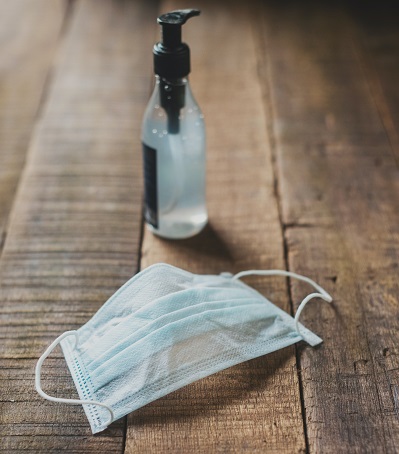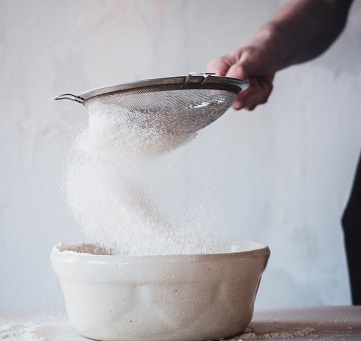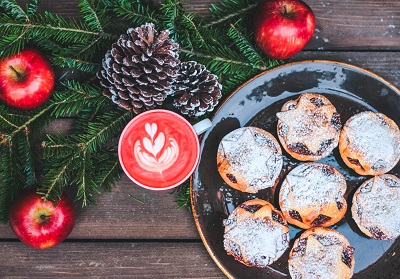Podcast Episode 9 – Real Solutions to Covid
We truly had a REAL discussion about Covid-19 today. We discuss how we keep hearing about the number counts around the virus and that a vaccine will be available soon. BUT, we think it’s important to talk about other solutions available to us. And, of course, these solutions are focused on our food (real vs […]
Continue Reading


